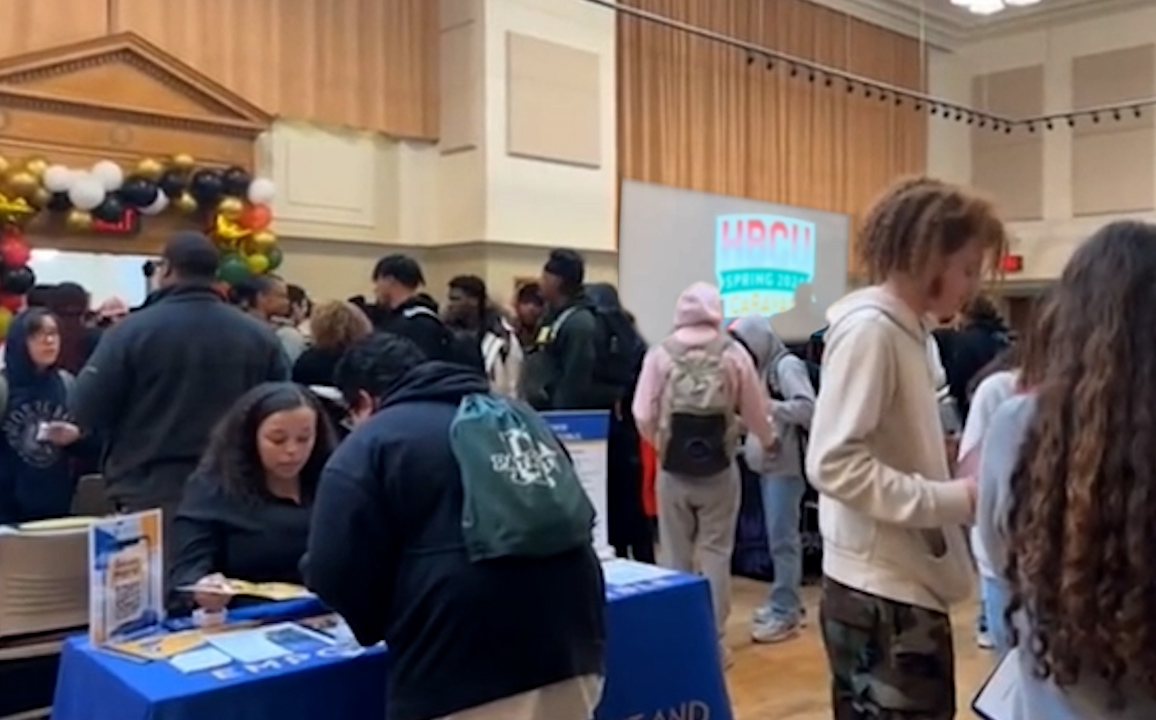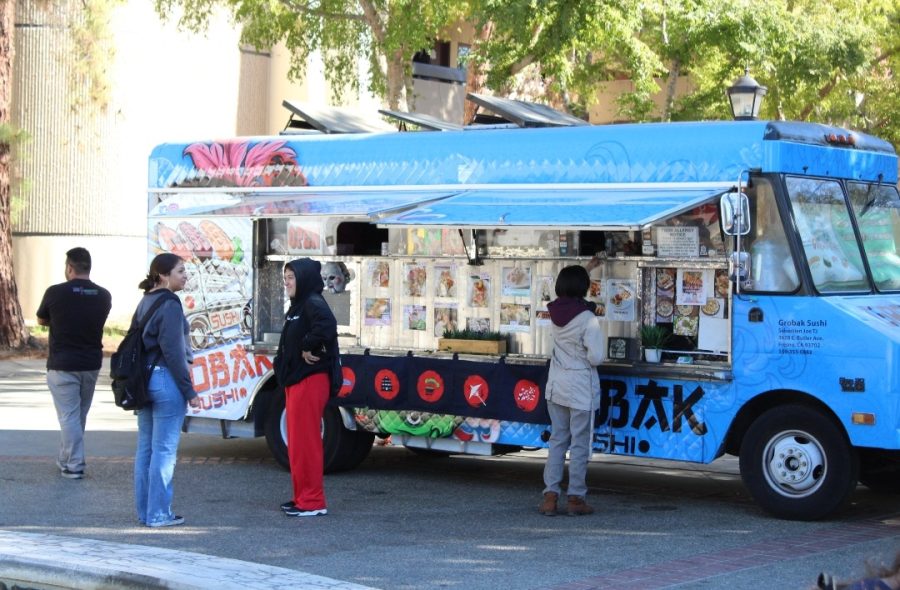Have you ever felt like you did not belong to a specific group? Do you feel different from other people, because you have been bullied about your cultural background, your ethnicity, your religious beliefs, your political standing, or your sexual orientation? There is a place on Fresno City College’s campus that allows anyone to become part of its family. This place is known as the Diversity Club.
But before it was the Diversity Club, it was known as the Unity Club. The Unity club died down as its number of members started to dwindle. Nancy Gutierrez-Sauceda, Sociology instructor and co-advisor of the Diversity Club, told the Rampage that after the Unity Club ended it “was restarted by a handful of students and Human Services instructor, Susan Holford.” The club’s name was then changed to the Diversity Club around 2003.
Although the club’s name says it all, the club does mainly focus on the lesbian, gay, bisexual, and transgendered (LGBT) community, and its supporters. Jerry Thurston, a Communications instructor and co-advisor of the Diversity Club, said, “The club is a support group designed to provide support and community for the FCC campus’ LGBT student population. The club functions to promote a message of tolerance of being different – that different does not equal weird, scary, or wrong.”
The club’s mission statement, provided by Gutierrez-Sauceda, is as follows:
“Advocate for across-the-board equal rights and access for all human beings on campus and in the community.
Create a network of support on campus for our GLBTQ community.
Promote awareness, understanding and acceptance (not just tolerance) of the GLBTQ community by participating in political and social activities in the community.
Provide mental and emotional support for GLBTQ individuals at FCC.
Make FCC a safe environment for GLBTQ individuals; Promote communication, cooperation and unity between GLBTQ community/individuals and the heterosexual community/individuals.
Have fun!”
Gutierrez-Sauceda and Thurston allow the club’s members to decide what the club’s main focus will be for each semester. “In the past, we have had students who have been very politically involved, whether it be through knocking on doors and phone banking for candidates and/or rights, [or] groups who want the club to be more of a social network” said Gutierrez-Sauceda.
Thurston told the Rampage that the club is a very important place for the students on the FCC campus. “As an advisor, I see Diversity as a great vehicle for students to develop essential organizing, planning, and follow-through skills,” said Thurston, “Further, students create a community for themselves – developing friendships, romances, etc.”
The club has helped members such as Liz Cabrera, student at FCC and treasurer of the Diversity club, by creating an atmosphere of awareness that each member is not alone. “Before joining the club, I wasn’t completely comfortable with who I was,” said Cabrera, “[But] the club has helped me accept myself. It has helped me realize that it’s okay to be who I am.”
Susie Hilton, a student at FCC and member of the club, found that the club gives its members the ability to stand up for themselves. “It is our responsibility to speak out and show that we are just people,” said Hilton. She joined the Diversity Club because she wanted to be more involved in the LGBT community, and to “Be more proactive, and help pave the way for younger people.”
Another club member, Katie Pacella, discovered the club when her sister first started coming to FCC. The club has helped Pacella to be more informed of the events taking place on and off campus. “I’ve also learned how to be a good activist in the community, especially in the area of equal rights for the LGBT community,” said Pacella.
Not only does the club meet once a week just for the feeling of being accepted, its members also work together to spread this acceptance and awareness of equal rights and tolerance by working with other communities, and volunteer at social events. “The club does a lot of service. We volunteer every year for Kids’ Day, selling the Fresno Bee on the streets of Fresno to raise money for Valley Children’s Hospital,” said Thurston; “We also volunteer each fall at the Fresno Reel Pride Film Festival as ushers, clean-up crew, etc. Further, we put on the annual FCC Pride Day Festival each spring, six years running.” The FCC Pride Day Festival is where “The diversity of the LGBT community has been celebrated and recognized with music, live performances, booths, poetry readings and stories,” said Pacella.
Katie Pacella told the Rampage that the members of the Diversity Club have been part of such events as Meet in the Middle, a one-day event where people from all over the nation, as well as well known celebrities, met at Fresno’s City Hall to protest against the loss the LGBT community suffered when Proposition 8 passed.
Although the semester is coming to an end, students and faculty still have a chance to come meet the members of the club and get a feel of what the Diversity Club is about. The meetings are held on Fridays in S.O. 110 at 2 p.m. The Diversity Club also invites anyone, and everyone to join them on Dec. 3 at 5 p.m. in S.O. 104 for a movie screening of “8: The Mormon Proposition,” a documentary about the trials the LGBT community, and its supporters, have gone through, and continue to go through, to obtain equal rights. The movie is rated “R,” so it is asked that people look into the movie before coming to the actual event.
The club will begin a new next semester around the second or third week from the scheduled starting state of classes. The club, as mentioned before, normally meets in S.O. 110, but may be scheduled to change. For more information contact the two advisors of the club to learn more.
“I think this is a very important club to have on campus for several reasons. All students should feel a sense of belonging. All students should feel like there is a safe place for them, a place where they fit, a place where they can go and be themselves, make friends, have fun, find support, and interact with others who have similar interests. Research shows that when students are involved on their campus, essentially they have a place where they ‘fit,’ they are more likely to graduate,” said Gutierrez-Sauceda.



